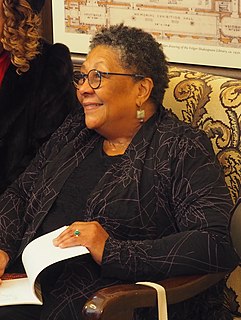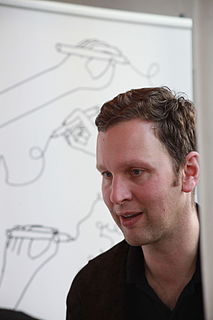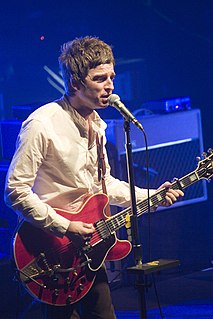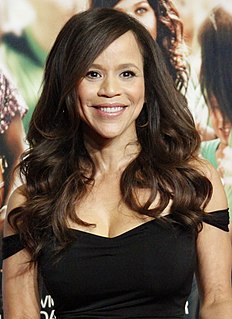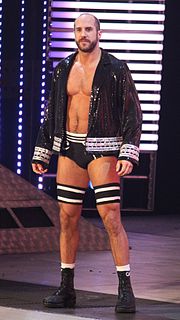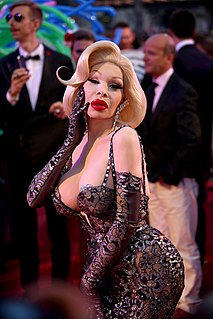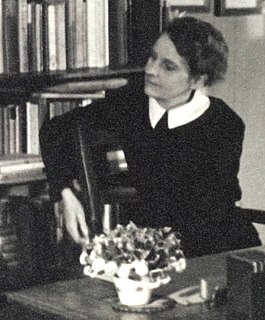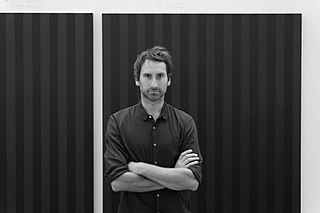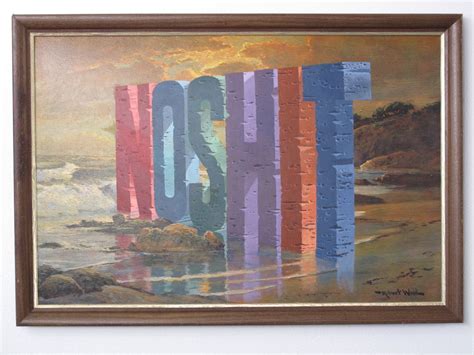A Quote by Marilyn Nelson
Back when I was in college, people used to talk about the alienation of the artist, not ever quite fitting in any place.
Related Quotes
Remember, I'm the guy who didn't want the referendum - I wouldn't have had it if I'd been prime minister. But you have to respect how people voted because this was partly about political alienation, so if the response to political alienation is to ignore it, that's a recipe for more political alienation.
I have a general feeling that writers and artists who are in this peculiar situation, of being a persecuted artist, all anyone ever asks about is the persecution. It may well be that's the last thing in the world they want to talk about. There were many years in which every journalist in the world wanted to talk to me, but nobody wanted to talk to me about my work. That felt deeply frustrating because I felt there was an attempt to stifle me as an artist. The best revenge I could have was to write.
I pray not to be such a whiny, self-obsessed baby, and give thanks that I am not quite as bad as I used to be (talk about miracles). Then something comes up, and I overreact and blame and sulk, and it feels like I haven't made any progress at all. But it turns out I'm less of a brat than before, and I hit the reset button much sooner, shake it off, and get my sense if humor back.
I never think in terms of alienation; it's the others who do. Alienation means one thing to Hegel, another to Marx and yet another to Freud; so it is not possible to give a single definition, one that will exhaust the subject. It is a question bordering on philosophy, and I'm not a philosopher nor a sociologist. My business is to tell stories, to narrate with images - nothing else. If I do make films about alienation - to use that word that is so ambiguous - they are about characters, not about me.
I would advise puppeteering for any artist. It's a way to break down pretensions. It's a sculpture that can talk. It's a painting that can talk. And it's pure play. I think every artist needs to stay in touch with the idea of playing. The artist should always be playing, always. All art is performance.
I think any information about any type of art form, it's always the right time. But since the last one, I could see there were many things about the culture of DJing that we don't really talk about. We don't really look at how the music is made, how it's conceptualized, how it's put together. We talk about the equipment and the software, but we don't talk about the reasons why we put the music together in the first place.
